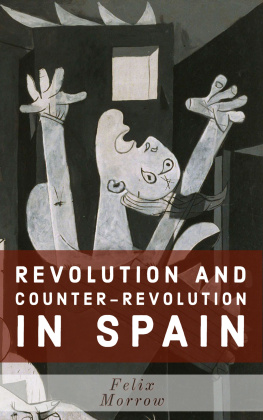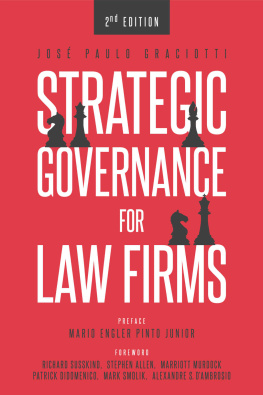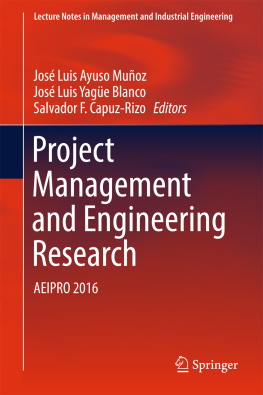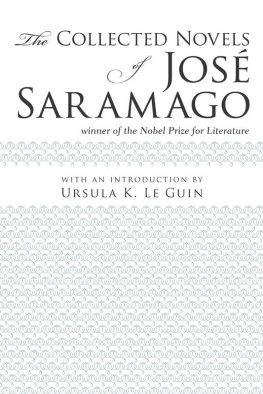
This edition is published by PICKLE PARTNERS PUBLISHINGwww.picklepartnerspublishing.com
To join our mailing list for new titles or for issues with our books picklepublishing@gmail.com
Or on Facebook
Text originally published in 2009 under the same title.
Pickle Partners Publishing 2014, all rights reserved. No part of this publication may be reproduced, stored in a retrieval system or transmitted by any means, electrical, mechanical or otherwise without the written permission of the copyright holder.
Publishers Note
Although in most cases we have retained the Authors original spelling and grammar to authentically reproduce the work of the Author and the original intent of such material, some additional notes and clarifications have been added for the modern readers benefit.
We have also made every effort to include all maps and illustrations of the original edition the limitations of formatting do not allow of including larger maps, we will upload as many of these maps as possible.
The Role of Spain in the American Revolution: An Unavoidable Strategic Mistake.
by
Major Jose I. Yaniz, Spanish Marine Corps .
TABLE OF CONTENTS
Contents
TABLE OF CONTENTS
REQUEST FROM THE PUBLISHER
Executive Summary
Thesis: Spain played a significant role in the outcome of the American Revolution by providing economic support and opening war fronts to fight the British in Europe and North America. Spains support for the revolutionaries was a strategic mistake for its government, for it was not in Spains national interests as a colonial power to do this.
Discussion: Neither France nor Spain helped the North American colonies to gain independence from Great Britain for altruistic reasons. Instead, both countries were eager to retaliate against Great Britain, which had become the undisputed global power after these countries defeat in the Seven Years War and the resulting Treaty of Paris of 1763. However, Spain, unlike France, still possessed extended and rich territories throughout the two American continents. This caused Spain to cautiously approach involvement in the American Revolution. Being a colonial power like Britain, Spain did not want the seed of independence to spread throughout its own colonies; therefore the country never officially recognized U.S. independence during the time of the American Revolution. Instead, and as a result of the Bourbon Family Compact with France, Spain declared war on Great Britain in 1779, but it would never fight within the Thirteen Colonies.
Nevertheless, and despite the inherent risk, Spanish ports were opened to American ships, and Spain provided, initially by secret means through Paris and New Orleans and later on in a more straight way, financial support to the American cause in the form of money and supplies since 1776. Spanish money also financed expeditions such as De Grasses Fleet in 1781 and the Washingtons army on its march to the south that were decisive in the Yorktown victory. Moreover, Spain fought the British in the Spanish areas of interest, including West Florida, Central America, the Caribbean, and Europe, thereby opening several fronts which the British could not simultaneously manage, and threatening vital sea lines of communications of the global naval power.
By helping the colonies, Spain helped create a postwar geo-political situation that would become the beginning of the end of its own western hemisphere empire. First, Spain became the main obstacle for the North American expansion to the west and south. Second, the American Revolution became an example that independent movements in the Spanish colonies would soon follow.
Conclusion: By complying with the Bourbon Family Compact, Spain helped the American Revolution succeed and waged a war against Britain that provided Spain ephemeral gains. However, in the long term, Spain laid the groundwork for the collapse of the Spanish Empire. Ironically, the Spanish contribution to the American Revolution has been generally neglected by the Americans except for specialists in that field of study.
Preface
The Role of Spain in the American Revolution: An Unavoidable Strategic Mistake is the result of many hours of reading and seminar discussions about the American Revolution in the Operational Art Course at the Command and Staff College at Marine Corps University. During this time, I realized that the Spanish participation in the United States War for Independence, although known and documented in Spain, too often has been unknown, incorrect, or simply omitted in British, French, and American sources.
However, the significance and importance of Spain waging war against Britain was clear for some of the most prominent revolutionaries at the time of the American Revolution. For example, George Washington, to name one, wrote to Major General John Sullivan: I have the pleasure to inform you that Spain has at length taken a decisive part. It is to be hoped that this formidable junction of the House of Bourbon will not fail of establishing the Independence of America in a short time. {1} Indeed the countries did not fail, although just one took credit for the victory. According to Frank de Varona {2}
There are many possible explanations for these glaring historical omissions. One reason may be that American historians have inherited the traditional British dislike of Spain. It may stem from the fact that Spain declared war on Great Britain in June 1779 as an ally of France but not of America. The United States invasion of Florida, the Texas conflict, and the war against Mexico and Spain during the 19th century may account for the biased reporting. One wonders if the Black Legend propagated by Great Britain to discredit Spain at the peak of its glory in the 16th century, persists to the present. Or it may just be a case of simple historical neglect. Regardless of the reason, this historical injustice must be corrected.
Fortunately, this situation is changing slowly. Lately, especially after the bicentenary of U.S. Independence, many historians on both sides of the Atlantic have immersed themselves in the overwhelming amount of available material on the subject in the Spanish Archives. As the historian Thomas E. Chavez stated, The documentary material is so plentiful in Spain that there is enough work to last many historians a lifetime. {3}
The modest intention of this paper is to collaborate in correcting that gap and to demonstrate that the Spanish participation in the American Revolution was, in the international context, decisive in helping the colonies to win their independence from Great Britain. Ironically, however, it was to Spains detriment in the long term. To do so, I will go through the timeline of the American Revolution and assess how Spanish decisions and actions affected British strategy and, thereby, the developments that took place in the Thirteen Colonies from 1776 to 1783. I will also argue that- Spain, a colonial power with vast and rich possessions on both American continents, risked much in this enterprise: If Spain were on the victorious side, an independent United States would set an undesirable precedent for the Spanish colonial empire in North, Central, and South America; also, in a post-independence era, Spain would be an obstacle for American expansionism. If defeated, Spain could lose more territory in Europe and on the American continents. However, the Bourbon Family Compact obligated Spain with commitments to France; and the Spanish Crown answered the call. Madrid thus took an unavoidable political strategic mistake.









